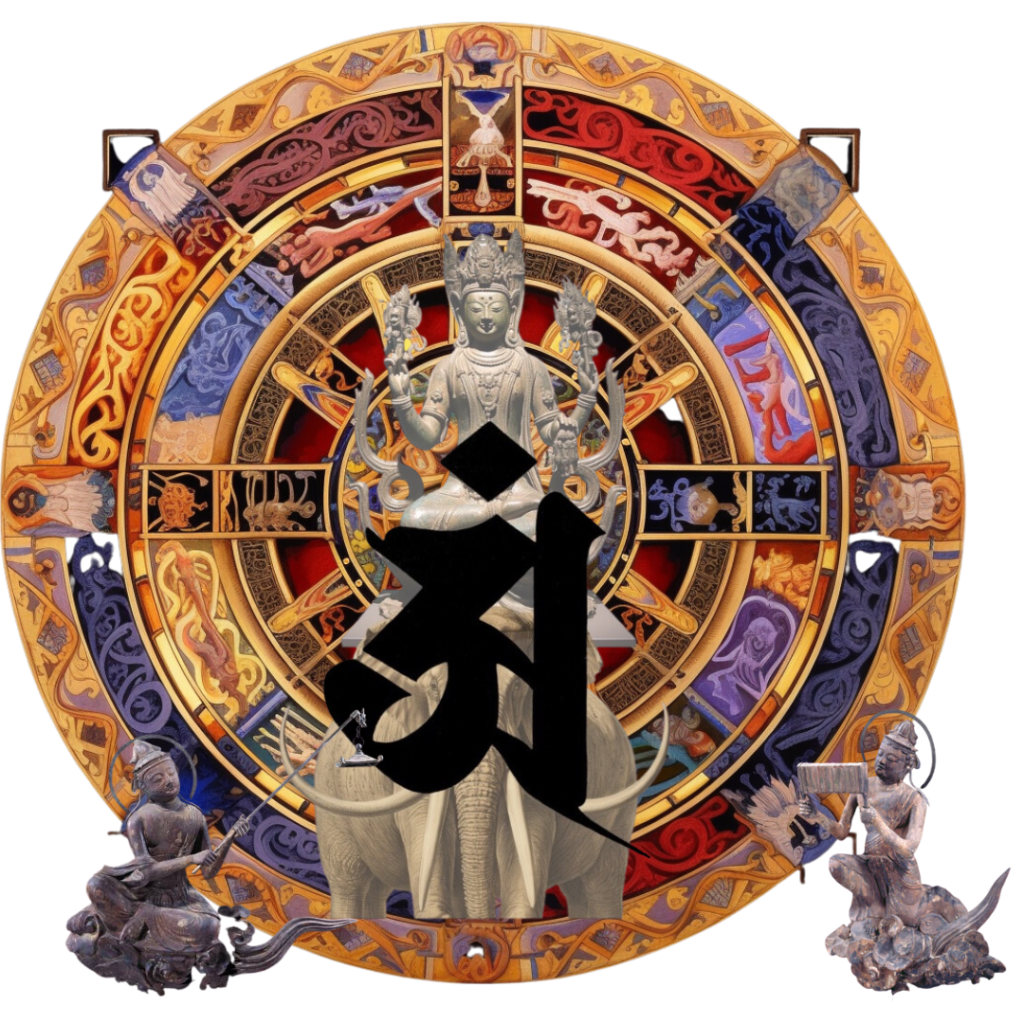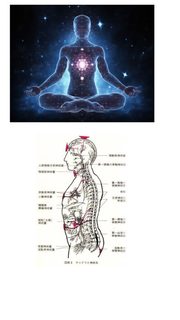今後14年以内にエネルギーと食料は無料にな

「今後14年以内にエネルギーは無償になり、食料も無料になる。デジタルの活用で医療も教育も無料になる」(カーネギーメロン大学のヴィヴェック・ワファ教授)
利用機関法人 情報・システム研究機構 国立情報学研究所(NII)の研究センターであるコグニティブ・イノベーションセンターが、「未来の働き方」をテーマに、ラウンドテーブルを開催した。
ラウンドテーブルでは、シンギュラリテ大学共同ィー研究の第一人者であるカーネギーメロン大学工学系学科ディスティングィッシュフェローのヴィヴェック・ワファ教授と、経済産業省経済産業政策局参事官の伊藤禎則氏を中心に、NIIの喜連川優所長、ヤマトホールディングスの木川眞会長、三井住友フィナンシャルグループの谷崎勝教取締役専務執行役員など20人が参加した。
カーネギーメロン大学のヴィヴェック・ワファ教授は、ワシントンポストのシンジケーションコラムニストの1人であり、技術の進化と、それにともなって起こりうるリスクを警告した「The Driver in the Driverless Car」の著者としても知られる。
また、TIME誌の「Tech 40」の1人にも選出されており、現在はシリコンバレーを拠点として、ロボティクスや人工知能、コンピューティングなどの分野において活動。米国政府への助言もしている。

技術の進化はマッドマックスの道を歩んでいる
「The Driver in the Driverless Car」のなかでワファ教授は、技術の進化は、スタートレックか、マッドマックスかの道を選択することになると比喩。今回の来日でも、「いまは、マッドマックスの道を歩んでいる」とした。
今回のラウンドテーブルはテーマを「未来の働き方」としたように、AIが企業にどんな影響を及ぼすのかが焦点となった。
ワファ教授は「AIの進化によってロボットが秘書になったり、友人になったり、コーチになったり、医者にもなってくれる」とし、「IBMはWatsonを使うことで、これから5年後にはすべての疾病の診断を、人間よりもうまくできるようになるといっている。人間の身体のなかにセンサーが入り、それによって計測されたデータをAIが収集し、分析して、診断や処方を下すことができるからだ。AIは人間よりもデータの解析がうまくでき、さらに、それをずっと覚えていてくれる。社員が2、3年で次の仕事に移ったり、定年で退職してしまうことで、企業に知識やノウハウが蓄積されずに失われていくという課題をAIはカバーでき、企業の生産性をあげることにつながる」と切り出す。
経済産業省の伊藤禎則参事官も「ロボットの語源はチェコ語であり、『強制された労働』という意味がある。AIやロボットには強制された仕事をやってもらい、人は強制されていないクリエイティビティーな仕事に向かわなくてはならない」と語る。
さらに伊藤参事官は「AIやロボットの領域における日本のアドバテージは、世界で言われているように、AIが人の仕事を取ってしまうというよりも、人手不足を解消できるメリットが先行する点である。また日本におけるロボット技術の原型はドラえもんであり、人間に寄り添い、人を手伝うものという基本的な考え方がある。さらに日本は、リアルテクノロジーでも強みがある。ロボットや製造技術に強さがある点もアドバンテージになる」と指摘する。
ワファ教授もジョークを交えながら「日本の働き方改革には、日本固有の問題がある。海外では社員が会社に来ないことが問題になるが、日本では会社から家に帰ってもらうことや、プライベートを楽しんでもらうことが問題になっている」とし、ここにもAIやロボットが活用できることを示す。これも海外のように、AIが人の仕事をとってしまうという発想とは異なることが示されている。
すべての業界は5〜10年で成長が止まり、経営陣はクビになる
一方で、ワファ教授はこんな指摘もする。
「日本のいいところは、テクノロジーを知っている政府高官がいること、AIとはなにかということをわかっている企業のトップも多いことである。日本政府は政策としてテクノロジーをインプリメントしていることからもそれが証明される。日本は、AIやロボットで一歩先に行くチャンスがある。そのためにはもっと学ぶ必要がある」。
また「日本の多くの企業からAIという言葉をよく聞くが、AIを買えば問題が解決すると思っている企業も多いのが残念である。それは電気を買えば、問題が解決できると言っているようなものである。電気は照明器具がなければ、部屋を明るくできないのと同じで、AIもどう使うかが重要である」と語る。日本の企業が、バズワードに踊らされている様子を指摘してみせた。
さらに、ワファ教授は驚くべき予想を披露してみせた。
「1990年代に日本に来たときには来日期間中の国際電話だけで、数1000ドルもの費用がかかった。だが今回の来日では、無料で国際電話ができる」と前置きし、「これと同じように、14年以内に無制限のエネルギーが誕生し、エネルギーが無償で提供されるようになる。街には火力発電した電力はいらなくなる。また食料も無料になり、デジタルドクターが登場することで医療も無料になる。さらにデジタルを活用すれば、教育も無料になる」と予測する。
続けて「こうした動きは、産業に破壊をもたらす。当然、日本にも影響を及ぼす。テクノロジーの進歩と融合を考えれば、すべての業界は5〜10年で成長が止まり、株価が暴落し、経営陣がクビになり、様々な悲劇が起こる」とする。
テクノロジーは世界を破壊する
今後、すぐに起こる変化のひとつとして、自動運転をあげる。
「自動運転のクルマが、3年以内に登場するだろう。そして5年後には東京の街中を自動運転のクルマが走っている。さらに10年後には人がクルマを運転することはなくなる。そうすれば、トヨタや日産はいまの市場の9割を失うことになる」とする。
続けて「これと同じように、デジタル通貨が出てくれば銀行マンが不要になり、ロボットがモノを製造すれば、中国の製造業はなくなり、中国経済が低迷する」と指摘。「日本における朗報は、高齢化が進んでおり、ロボットが台頭することで生産性が向上するという点である」とも語った。
そして「日本の多くの企業はこうしたことが起こることを知らない。米国の企業の経営者のほとんどもそうである。SFやファンタジーのように感じている人たちばかりである」とし、「スタートアップの企業が大手を食いはじめていることからもわかるように、テクノロジーは産業を破壊し、世界を破壊することになる。この破壊的な波は、毎年違ったレベルへとあがっており、力が増している。いまあるAIはExcelのバージョン1.0のようなもので、まだまだ初期段階のものでしかない。今後、バージョンがあがることで世の中を変えていくことになる。だが、それに向けて準備を整えている企業は、日本企業の1%だけであり、残りの99%は気がついていない。米国でも気がついている企業は1〜2%程度しかない」とする。
「破壊の波」が訪れていることは多くの経営者にとっての共通認識だろう。だが、その波の大きさと、波が訪れる速度への予測は、人によって異なる。ワファ教授が指摘するような「波」の大きさを感じている経営者は少ないのではないだろうか。
ワファ教授は「テクノロジーの進化は、メリットよりもリスクを考えてほしい。ただ、AIによってもたらされる問題をとらえると、失業は全体の5%でしかない。もっと大きな問題があることを知って欲しい」と提言する 。
これからどんな「破壊の波」が訪れるのか。しっかりと見据えることが大切である。

■関連記事
- 業界人の《ことば》から(目次)
- 鴻海傘下で再建のシャープ、鍵は「社内風土の改革」
- 夕飯の買い忘れなどを防げるAIoT冷蔵庫をシャープが発表
- シャープ再び迷走へ、裸の王様とイエスマン支配で
- 『今週のASCII.jp注目ニュース』生放送(2017年7/15〜7/21ぶん)
- 25年の節目を迎え、クラウド企業になったアドビ
- シャープ復活させた戴正呉社長「目標達成したので辞めたい」
- 皮膚の油脂が不具合 富士通制生産ラインの徹底した品質管理
- メルカリCEO「立場はFacebookと変わらない」
- エコタンクモデルのプリンター、なぜ大学生に人気なのか
- 10年前から働き方改革を実施する企業のソリューションに注目
- 10年経ったら日本HPはPCメーカーではないかもしれない
- DNAをプリントする リコーが2022年に向けて新たな挑戦
- 30年前、家電は憧れだった 今パナソニックは憧れを作れるか
- 働き方改革は「平日の人生」を充実させる
- AIが進化すれば、人は30歳から老けなくなる
- ECで楽天の売上の半分目指す KDDIが掲げる4つのワクワク
- マルチクラウド課題はデータ管理 ベリタスは全方位カバー狙う
- 残業削減だけではない 女性の活躍にはテレワークが必要と野田大臣語る
- 東芝がハイレゾ対応ラジカセ発売 カセットテープ復権が後押し
- オラクルが目指すクラウドプラットフォームの自律化とは
“Within the next 14 years, energy will be free and food will be free. Digital and medical care and education will be free” (Prof. Vivek Wafa, Carnegie Mellon University)
The Cognitive Innovation Center, a research center of the National Institute of Informatics (NII), held a roundtable on the theme of “working in the future”.
At the roundtable, NII is led by Prof. Vivek Wafa, a Distinguished Fellow of Carnegie Mellon University's Department of Engineering, who is a leading expert in singularity research, and Mr. Yasunori Ito, counselor of the Ministry of Economy, Trade and Industry's Economic and Industrial Policy Bureau. Twenty people participated, including Yusuke Kitsuregawa, General Manager of Yamato Holdings Chairman Satoshi Kikawa, and Katsunori Tanizaki, Director and Senior Managing Executive Officer of Sumitomo Mitsui Financial Group.
Carnegie Mellon University's Professor Vivek Wafa is one of the Washington Post syndication columnists and is also known as the author of "The Driver in the Driverless Car" who warned of the evolution of technology and the risks that could go along.
He has also been selected as one of TIME Magazine's “Tech 40” and currently works in fields such as robotics, artificial intelligence, and computing based in Silicon Valley. He also advises the US government.
The Driver in the Driverless Car, written by Professor Wafa
Technological evolution is on the road to Mad Max
In "The Driver in the Driverless Car", Professor Wafa is a metaphor that the evolution of technology will choose between Star Trek and Mad Max. Even in this visit to Japan, he says, “We are now on the Mad Max road”.
The theme of this roundtable was “How to work in the future”, and the focus was on how AI affects companies.
Professor Wafa said, “With the evolution of AI, robots become secretaries, friends, coaches, and doctors,” says IBM, “By using Watson, all five years from now, all It is said that it will be able to diagnose diseases better than humans, and sensors will enter the human body, and AI will collect and analyze the measured data to make diagnoses and prescriptions. AI is better able to analyze data than humans, and will remember it much more, as employees move on to the next job in a few years or retire at the retirement age, knowing the company "AI can cover the problem of being lost without know-how and know-how being accumulated, leading to increased corporate productivity."
Mr. Yasunori Ito, counselor of the Ministry of Economy, Trade and Industry, said, “Robot is derived from the Czech language, meaning“ forced labor. ”AI and robots do forced work, and people are not forced. I have to go for creativity. "
In addition, Mr. Ito said, “Japan's advantage in the area of AI and robots is preceded by the merit that AI can solve the shortage of labor rather than AI taking up human work, as the world says. In addition, the prototype of robot technology in Japan is Doraemon, which has the basic idea of being close to humans and helping people.In addition, Japan has strengths in real technology.Robots and manufacturing technology are strong. The point is also an advantage. "
Professor Wafa also joked, “There is a problem unique to Japan in Japan's work style reform. Overseas, it is a problem that employees do not come to the company, but in Japan you can get home from the company, “Private enjoyment has become a problem,” he said. Here, AI and robots can also be used. This has also been shown to be different from the idea that AI takes human work, as in overseas.
All industries will stop growing in 5-10 years and management will be fired
On the other hand, Professor Wafa also points out:
“The good thing about Japan is that there are high-ranking government officials who know technology, and that many companies know what AI is. The Japanese government implements technology as a policy. That is proved: Japan has a chance to go one step further with AI and robots, which requires more learning. "
Also, “I often hear the word AI from many Japanese companies, but it is unfortunate that many companies think that the problem can be solved by purchasing AI. It is said that the problem can be solved by purchasing electricity. “Electricity is the same as not being able to brighten a room without lighting, and how AI is used is important.” I pointed out how Japanese companies were dancing with buzzwords.
In addition, Professor Wafa showed a surprising prediction.
“When I came to Japan in the 1990s, it was costing several thousand dollars just for an international call during my visit to Japan. But this time I can make a free international call,” he said. Thus, unlimited energy will be born within 14 years, and energy will be provided free of charge, the city will not need thermal power generation, food will be free, and digital doctors will appear “Even if digital is used, education will be free.”
Continuing, “These movements will cause disruption to the industry. Naturally, it will also affect Japan. Given the advancement and integration of technology, all industries will stop growing in 5 to 10 years, stock prices will fall, and management will continue. The team becomes fired and various tragedy occurs. "
Technology destroys the world
One of the changes that will happen soon is automatic driving.
“Autonomous cars will appear within three years. And five years later, autonomous cars will run in the city of Tokyo. In 10 years, people will not drive cars. "Toyota and Nissan will lose 90% of the current market."
“Similarly, if digital currency comes out, bankers will be unnecessary, and if robots produce things, the Chinese manufacturing industry will disappear and the Chinese economy will be sluggish.” “The good news in Japan is that aging is progressing and the rise of robots will improve productivity,” he said.
And “Many Japanese companies don't know that this will happen. Most US business owners do. Just people who feel like science fiction and fantasy,” he said. As you can see from the fact that companies are starting to eat big companies, technology will destroy industries and destroy the world, and this disruptive wave is rising to a different level every year. The existing AI is like Excel version 1.0, which is still only in its early stages, and it will change the world with the upcoming version. Only 1% of Japanese companies are aware and the remaining 99% are unaware. Only about 1-2% are aware in the United States. "
The fact that the “wave of destruction” is coming is a common perception for many managers. However, the magnitude of the wave and the prediction of the speed at which the wave will come will vary from person to person. There may be few managers who feel the “wave” as Professor Wafa points out.
Professor Wafa said, “Technology evolution is more about risk than merit. However, if you look at the problems caused by AI, unemployment is only 5% of the total. I want you to know that there is a bigger problem.” I suggest.
What kind of “waves of destruction” will come from now on? It is important to look closely








